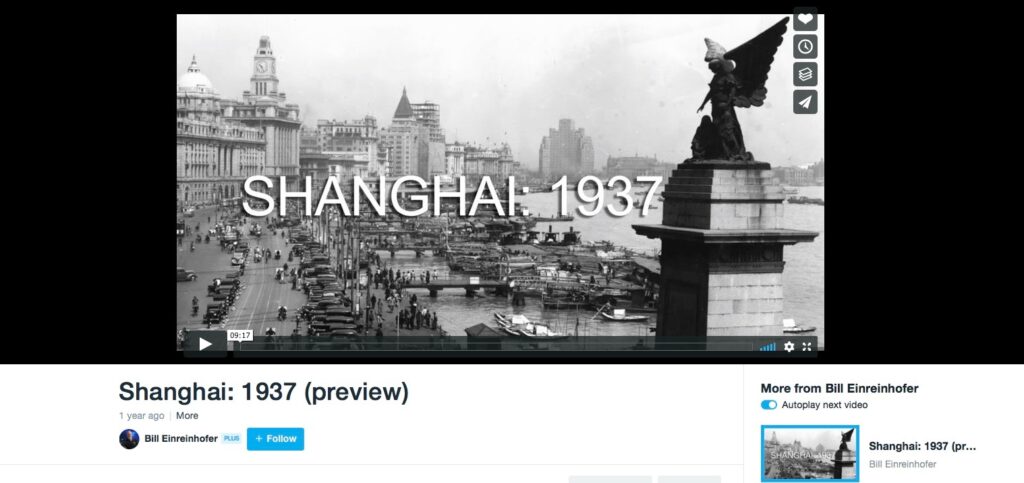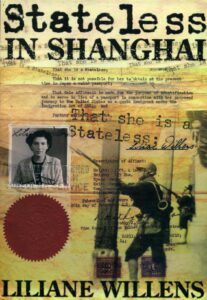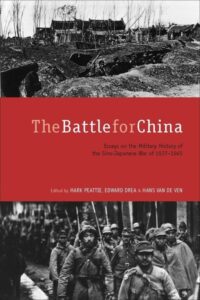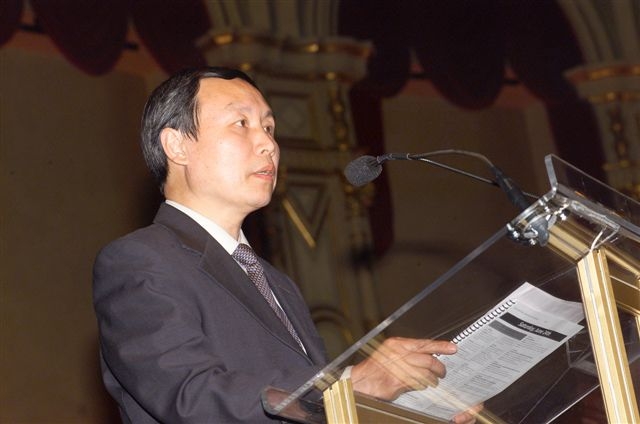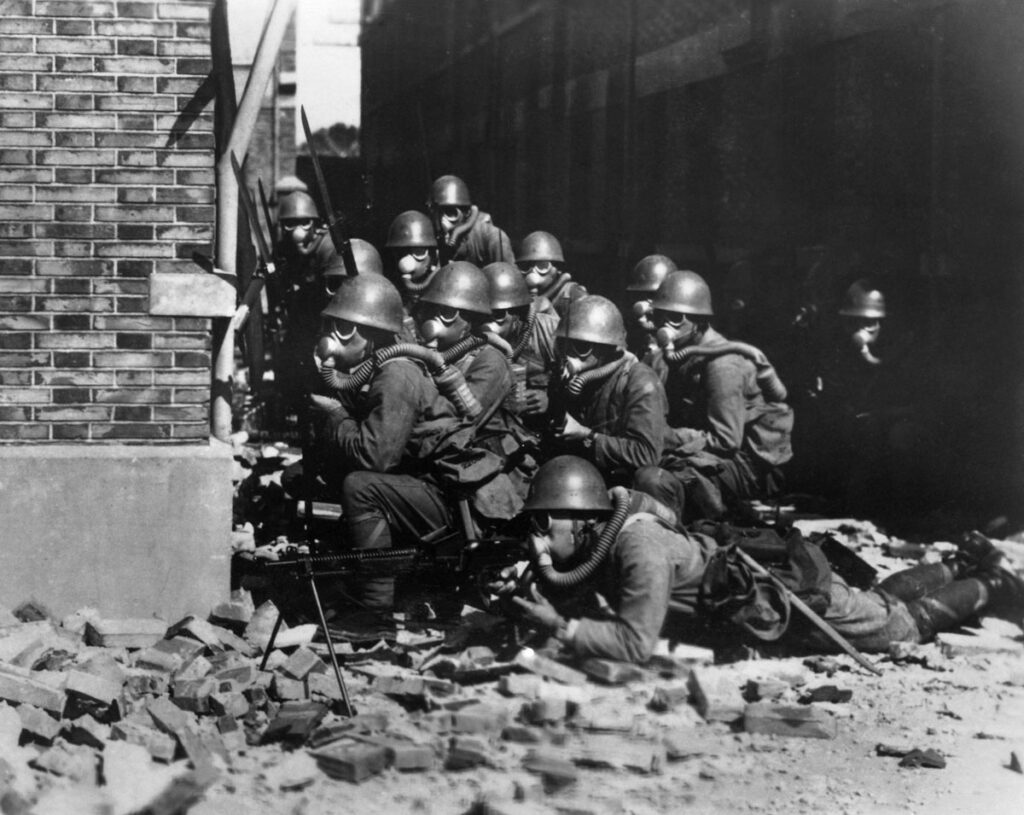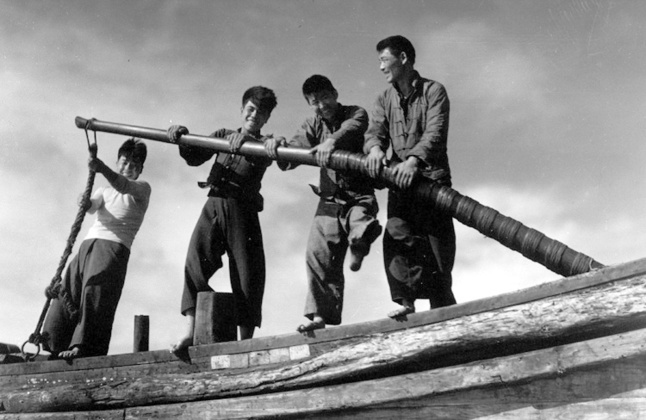Those of you who are especially observant — and I am sure that includes all NYFA Broadcast Journalism graduates — may have noticed that this edition of the Weekly Update arrived quite late on Monday. (Or, for those across the International Dateline, on Tuesday.) The reason was that I spent the past weekend shooting material for an upcoming documentary project called “Shanghai: 1937.”
Earlier this year, I was in China shooting the host segments for the international version of the CCTV cultural documentary series “Masters of the Century.” While there, I lectured at the Beijing Film Academy, in my capacity as the Chair of the NYFA Broadcast Journalism program. And I also did groundwork for “Shanghai: 1937.” (Broadcast journalists invented the concept of “multitasking.”) The first week of September, I will be in China shooting original interviews and scenic footage for “Shanghai: 1937,” as well as again visiting several universities representing NYFA.
The Battle of Shanghai took place during the late Summer and early Fall of 1937. It has been called the last battle of World War I, and the first battle of World War II. Largely unknown outside of China, it set the stage for later Japanese attacks on Pearl Harbor, Singapore, Malaya, Hong Kong and the Philippines. But for four long years, China stood alone.
This past Sunday, I interviewed a 92 year-old witness to the Battle of Shanghai. Her name is Liliane Willens, and she is the author of the amazing book “Stateless in Shanghai.” She and her family were Russian Jewish refugees, allowed to live in Shanghai but unable to leave, as they had no citizenship papers or passports.
Monday morning, I interviewed military historian Edward Drea. He is one of the editors of “The Battle for China,” widely considered the definitive work on the Sino-Japanese War. He was formerly the head of the Research and Analysis Department at the U.S. Army Center of Military History in Washington, D.C. and taught at the U.S. Army War College.
In Shanghai I will interview Prof. Su Zhiliang of Shanghai Normal University, an expert on the Battle of Shanghai. Prof. Su has lectured throughout China, and overseas, and is the author of numerous books, monographs and journal articles.
I’ll also be shooting at key Shanghai locations including the Sihang Warehouse, where a company of Chinese troops — given what seemed a suicide mission — held back a Japanese army.
In the end, however, this is a story of shattered lives and enduring dreams. The events of “Shanghai, 1937” continue to echo today and underlie many Chinese attitudes and beliefs. If you want to understand contemporary China, you must first understand its history.
by nyfa
